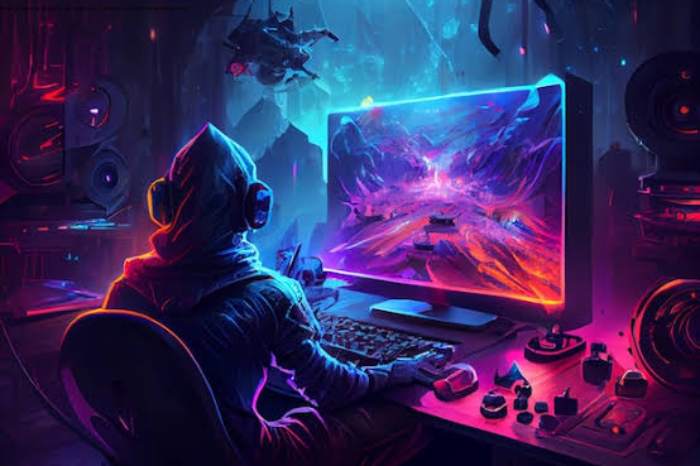Humans have always produced entertainment that allows them to amuse themselves or compete with one another. Gaming is one such sort of entertainment. The term “gaming” is broad and may signify different things to different individuals. But for the sake of this post, we’ll focus on video games for our topic.
Since their invention in the 1900s, video games have developed from straightforward simulations like Spacewar to intricate high-definition multiplayer games like Call of Duty. The fact that people of all ages may participate in gaming as a kind of enjoyment is noteworthy.
It is, therefore, safe to research the potential impacts of these video games on human cognitive development, and this is precisely what we will do in this essay. Move along!
Table of Contents
Emotion and Behaviour
An essay based on a survey to research the fascination with video games across different generations found that they are addictive because of their goal-oriented designs and compelling narratives. Two thousand participants in this study were from the US and the UK. It was discovered that playing video games may alter emotions and behaviour and can even cause addiction.
According to the report, these games give players a sense of success that stimulates the brain to produce dopamine. This neurotransmitter regulates emotions of pleasure and contentment and encourages them to play for extended periods. This causes a gaming addiction, leading to neglecting other aspects of one’s life, emotional instability, behavioural issues, and a challenge in discovering new forms of enjoyment.
Video games have addictive properties, according to researchers, since they can satiate the brain’s need for quick pleasure, a rapid pace, and unpredictability.
Memory, and restraint
In a National Institutes of Health-sponsored study, information was gathered from over 2,000 kids split into two groups. One group comprised children, whereas the other never played video games for more than three hours daily. These two groups of kids underwent brain imaging while being evaluated for short-term memory and impulse control.
The study’s findings demonstrated that the video gamer group fared higher on the exam,
and brain scans of this group revealed more brain activity in areas related to working memory and attention. Video games have been shown to excite the areas of the brain responsible for vision and movement in
the past, according to other experts, but is that all there is to it?
learning and contemplation
Anything that is practised regularly and repeatedly can reorganise the brain and promote connections between brain cells. Repeating an action over time builds neural connections between various brain areas; the neural connections get stronger as you practise the task. The learning process works in this way. According to scientists, games can be useful as tools for brain training because of their emphasis on rewards.
Studies have also revealed that video games, such as action games, can enhance one’s visual abilities and facilitate greater object manipulation, storage, and rotation within the brain’s memory centres. Additionally, some games need a strategy, judgement calls, and multitasking.
Exercising these skills through these activities may improve the capacity to acquire and use these talents in real-life circumstances. Research involving two groups of gamers—one who played for less than two hours per day and another who played for an average of 10 hours per day—supports this assertion. The study showed that gamers who played for only two hours had more grey matter in their brains than those who played for ten hours.
Takeaway
Both good and bad impacts on human cognitive development can result from gaming. According to studies, the games we play and the time we spend playing them can affect how we behave, remember things, manage our impulses, and learn new things. In summary, good gaming practices often outweigh addicted gaming.
Also read:-The Benefits Of Digital Logic Puzzles
- What are Sitewide Backlinks & Their Impact on Search Engine Ranking - May 22, 2024
- 10 Tips For How To Use Craigslist to Buy - May 5, 2024
- Best 5 ways to how to get play store back on my smartphone? - May 3, 2024



